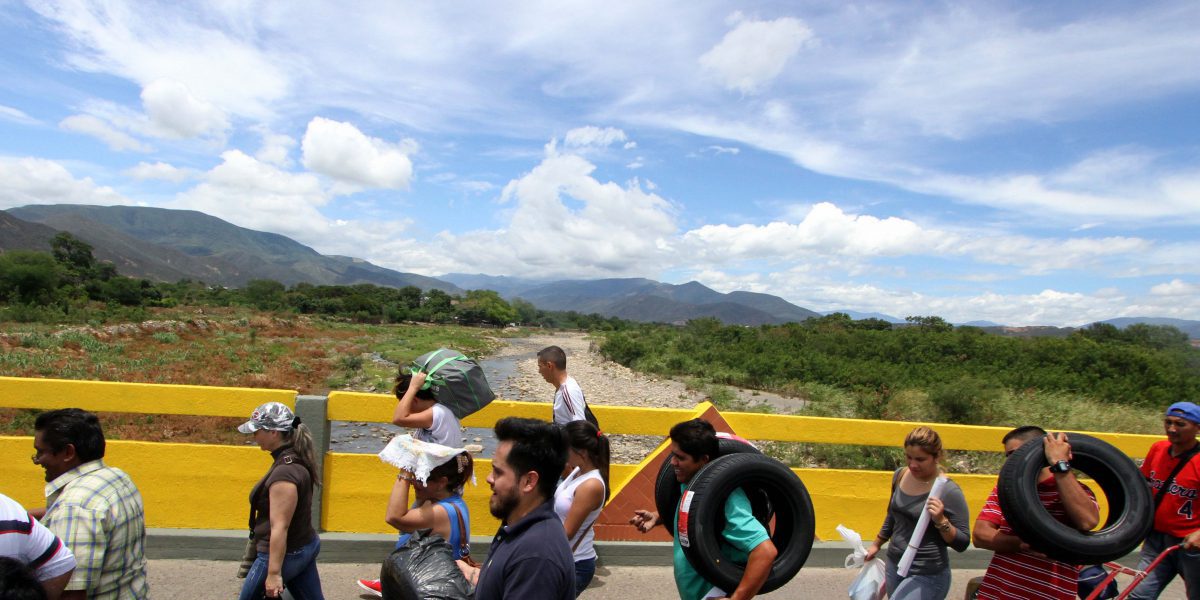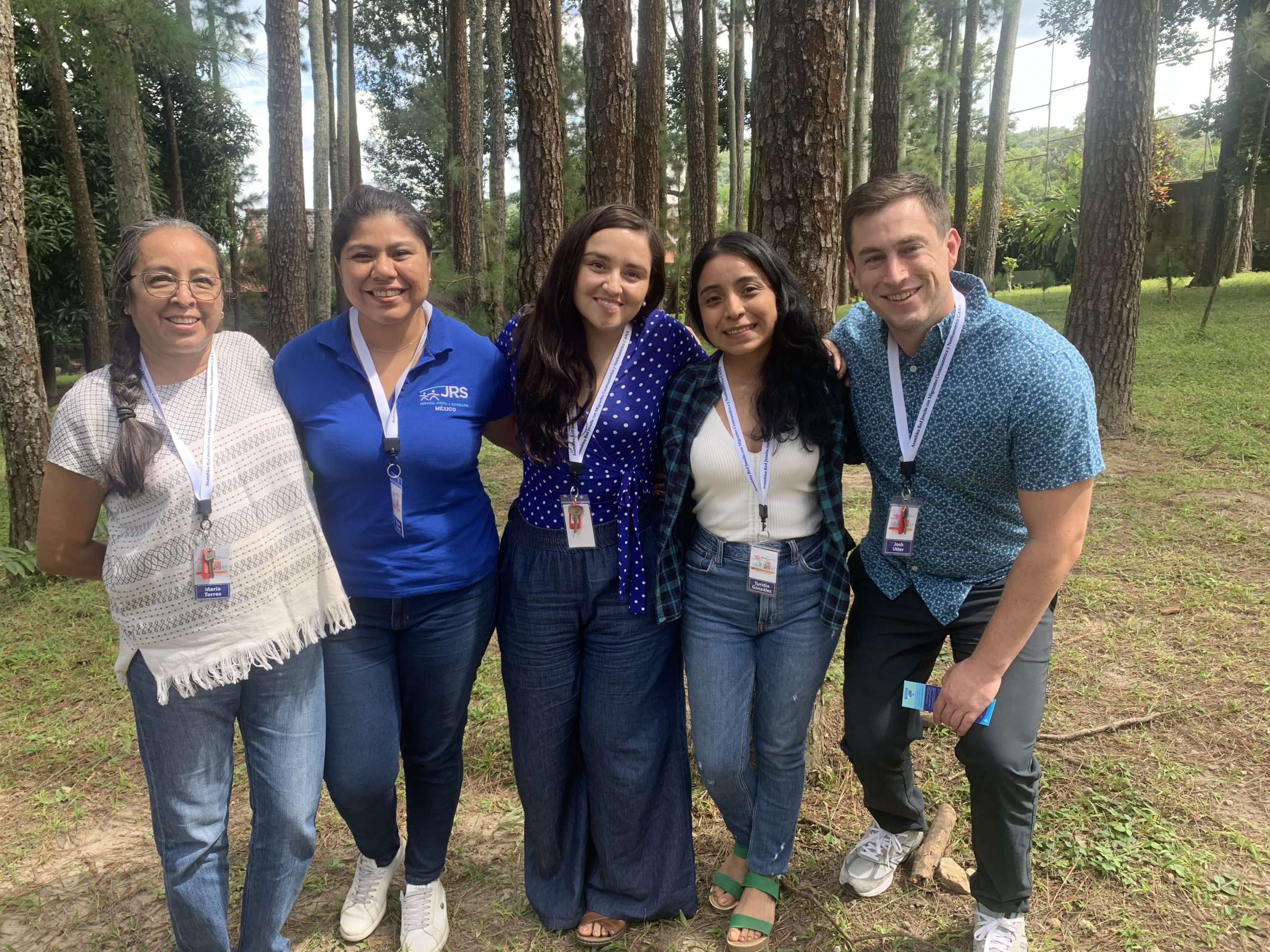Donors Must Prioritize Basic Needs and Human Rights for Venezuelans
25 May 2020

Jesuit Organizations Call on Donors to Prioritize Basic Needs and Human Rights at Virtual Pledging Conference for Venezuelan Refugees and Migrants
In advance of the International Donors Conference in solidarity with Venezuelan refugees and migrants in Latin American countries, Jesuit Refugee Service (JRS) and Entreculturas-Fe y Alegría España call on donors to prioritize funding and political action that meets the basic needs and human rights of those who have been displaced by the crisis in Venezuela.
The COVID-19 pandemic has exacerbated the humanitarian crisis facing Venezuelan refugees and migrants as they confront greater vulnerability and fewer guarantees of access to rights. The lack of protections available in host countries has become more evident as thousands of refugees and migrants have had to return to Venezuela, given the loss of income-generating opportunities and housing for many.
Venezuelan migrants and refugees are exposed to greater risks from the spread of the pandemic, both those who remain in host communities and those who have returned to Venezuela. They lack access to safe or adequate housing, drinking water, and hygiene materials. Refugees and migrants face severe food insecurity, especially among children and pregnant mothers who present higher rates of malnutrition. Limited access to health services and accurate information regarding how to respond to the COVIC-19 pandemic is widespread.
Children and adolescents represent one of the most vulnerable groups, especially in terms of difficulty accessing education. A large number of Venezuelan children have had to drop out of school before the pandemic – due to a shortage of teachers, school materials, and school closures – and children continue to have limited access to play and recreation, care and protection. For Venezuelan families, the feeling of stress and anxiety is constant due to not having the means or resources to meet their basic needs, factors that affect mental health and have brought on isolation and increased domestic violence.
In recent weeks, the situation has rapidly worsened. Dozens of buses arrive daily in Colombia’s crowded border towns hoping to reach Venezuela. National authorities restrict entry to the country by leaving most of these people, largely women and children, waiting for days outdoors, in public spaces, without due attention and exposed to contagion and other risks. Fearful of being confined in Venezuelan centers which most community organizations cannot access, many are forced to reach the country by illegal roads, called ‘trochas,’ controlled by outlaw groups. Once in Venezuela, returnees face rejection from communities due to the growing fear of contagion associated with the presence of new arrivals in the context of a global pandemic.
We must consider the needs of Venezuelans in host countries, those living in border communities, and those who remain in Venezuela or have recently returned. We encourage donors and international institutions to identify opportunities to meet these needs including access to drinking water, food, health services, and education.
JRS and Entreculturas-Fe y Alegría España thank the European Union, Spanish Government, UN Refugee Agency, and the International Organization for Migration for their efforts in coordinating this important event. Civil society and the affected refugee and migrant population must be included in the conference planning process, the event itself, as well as monitoring and tracking conference outcomes. Establishing opportunities for ongoing coordination and communication between affected communities, donors, host governments, and implementing organizations is critical.
(Click here for the statement in Spanish)
Take action today
Email your legislators and let them know that you support displaced Venezuelans.
Contacts:
Eduardo Soto S.J., JRS Venezuela
Monica Gomez, JRS Latin America and the Caribbean
Giulia McPherson, JRS/USA
Lucía Rodríguez, Entreculturas-Fe y Alegria España




